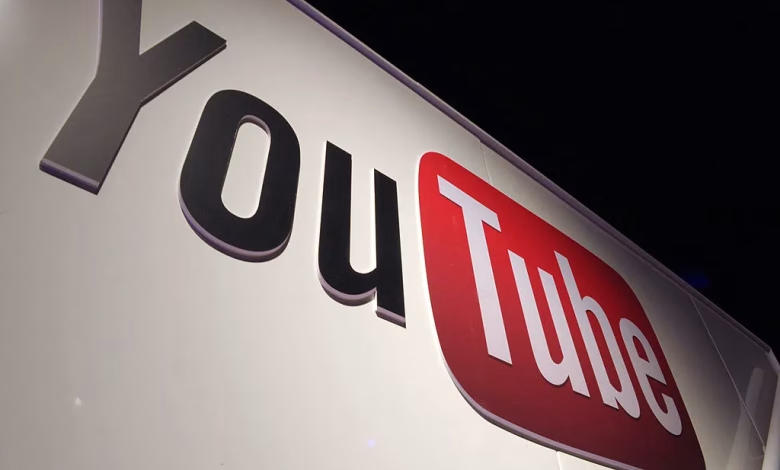YouTube Takes Action Against Unapproved Gambling Content

- YouTube tightens regulations on gambling-related content
- YouTube has added Age-restricted content for online betting
- They will focus on preventing gambling addiction
YouTube is intensifying its efforts to address gambling-related content as sports betting and online prediction markets gain popularity in the United States.
On Tuesday, the platform announced that it will no longer allow content that links to “unapproved” gambling websites through links, images, text, logos, or spoken references. Unapproved gambling sites are those that do not comply with local laws and have not been reviewed by YouTube or its parent company, Google.
This change is an extension of YouTube’s current policy, which already prohibits linking to sites that violate its rules, including unapproved gambling platforms.
“We’ve strengthened our policies to prohibit content that directs viewers to unapproved gambling websites or apps,” YouTube spokesperson Boot Bullwinkle said in an exclusive interview with CNN before the announcement. “We will also start age-restricting content that promotes online casinos.”
As part of this update, users under the age of 18, as well as those who aren’t logged in, will not be able to view content that features or promotes online betting sites.
Since the Supreme Court’s decision to allow states to legalize sports betting in 2018, online sports gambling has exploded in popularity. Other forms of online betting, including predictions on elections, have also gained traction. Videos on YouTube teaching viewers how to make money from sports and prediction markets have garnered hundreds of thousands of views.
However, since regulations around online betting differ by location, experts have raised concerns about the risk of severe gambling problems for many Americans.
While YouTube has long banned content that uses “sensational language” to promise guaranteed winnings or the recovery of losses from online betting, the platform is now going further. Content that promises guaranteed returns—even from approved sites—will also be removed.
This update is part of YouTube’s ongoing adjustments to its content moderation policies in recent years. The platform has previously taken steps to restrict content with false claims about vaccines, abortion, or extreme behaviors like calorie counting related to eating disorders.
In 2023, YouTube also introduced new requirements for users to disclose AI-generated content that could mislead viewers.
Despite introducing content moderation policies, social media platforms, including YouTube, have historically faced challenges in effectively enforcing those rules. The company has announced that the updated policy will be implemented on March 19, 2025.






